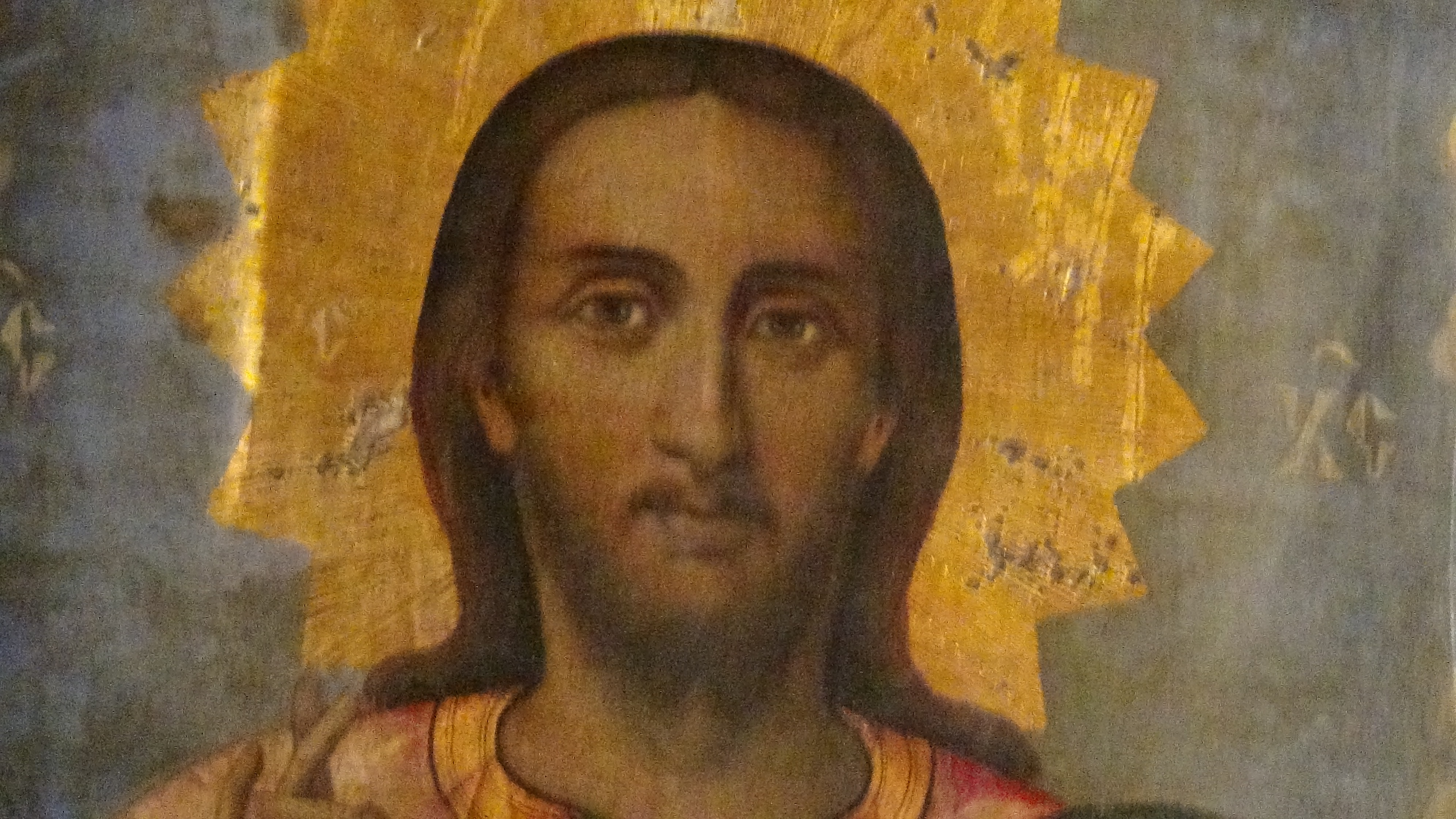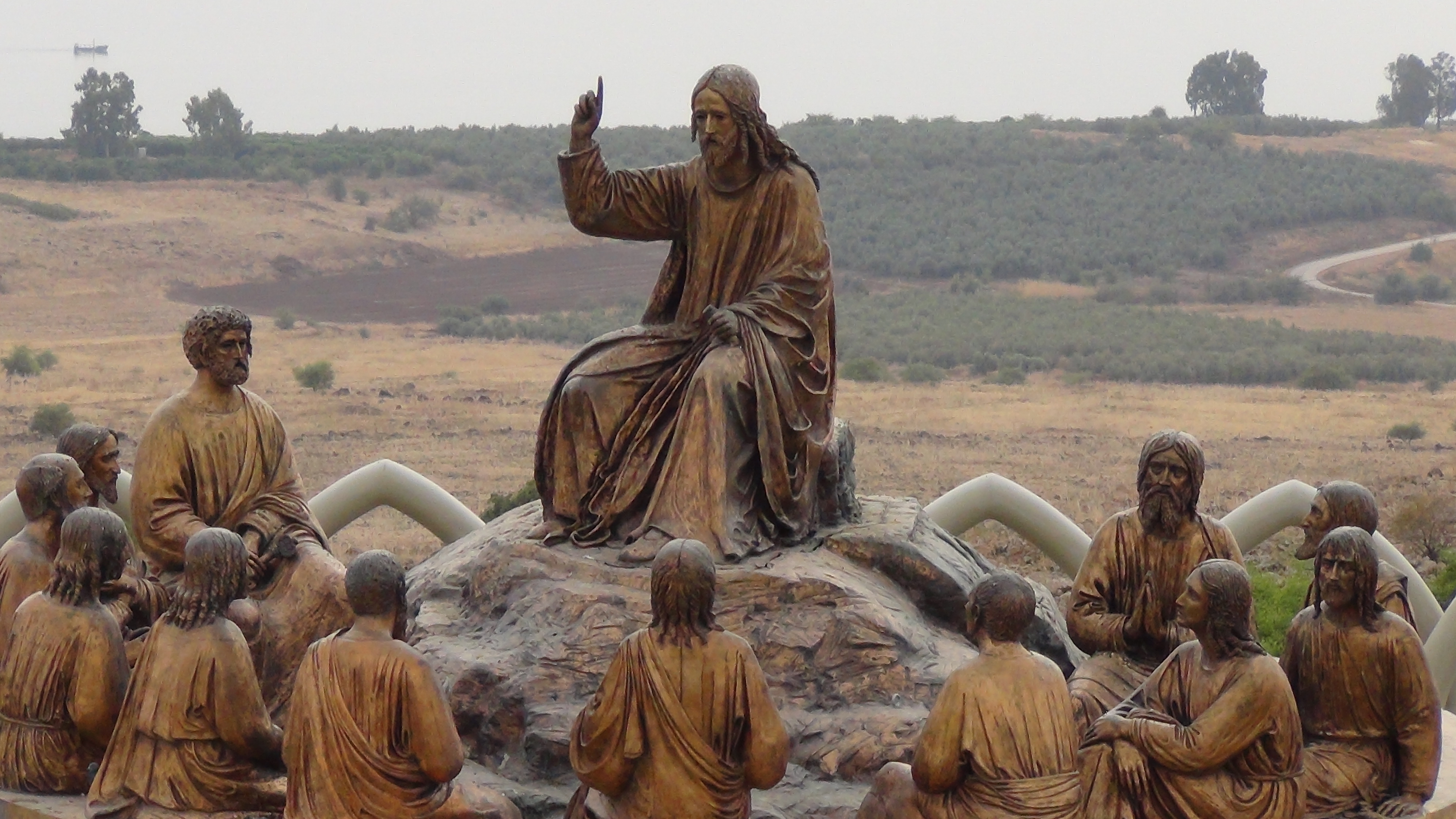1 Sm. 24:2-12; Mk. 3:13-19
“And Saul wept aloud.” We don’t expect loud crying from a King, a warrior or from men. What can make such a powerful impact on a soul? It is God’s deliverance. Continuing the drama of Saul and David this week in scripture, Saul has been overcome with jealousy. His obsession to kill David is from the evil one. Saul is the anointed one to serve God and lead his people. David is the Christ-like figure to whom God has delivered Saul in his “grasp”. David chooses mercy not murder. Saul is persecuting David but David is also the anointed one from God given wisdom to know and understand “From the wicked comes forth wickedness”. David show Saul God’s mercy, his deliverance and Saul wept.
Often during retreats such as a Men’s ACTS retreat there comes a moment of deliverance when you see grown men cry like a baby, it has happened to me. God delivers us from our sin, our cross, those internal battles we wage and the demons who seek to ruin our souls. At that moment God’s peace and love pours into us and the joy of freedom, God’s deliverance and his mercy give us peace.
We can relate to both Saul and David. In Saul we each have our authority given to us by God, to exercise dominion in our world as parents, teachers, bosses, professionals, skilled workers, clergy or lay ministries. There are times as soon as someone gains some authority their behavior changes. As peers and co-workers their easy to get along but with authority that power becomes misused or abused. Remember the saying “rule #1: The boss is always right. Rule #2 If the boss is wrong, go back to rule #1”. The implication is that authority cannot be challenged. Authority can make people defensive even fear that you may take their job. Authority is given to empower others to succeed in the gifts God has given them. Saul feared David’s success as a warrior “all that we left was for him to take the kingship” he is quoted as saying. Becoming defensive makes us weak and vulnerable, not just unreasonable but even irrational.
David also is anointed to serve God but by serving God and Saul his king he is persecuted by the king. In life there are those times when doing what is right results in being criticized, judged and even attacked by those who fear losing power, influence, prestige, or even their riches. Consider what is happening in our times. This weekend is the “Right to Life March” in Washington D.C. In a country where everyone has the freedom of speech the voices of opposition will be on high alert to down play, criticize, and even attack our freedom because it does not align with their ideology. It is a sign of weakness that the opposition fears wand even avoids having a dialogue on the issues of life.
We all are under authority from the moment of conception and God entrusts in us authority as he did to Saul and David to be Fathers, Mothers, leaders, and warriors for justice. Blessed Mother Mary was told by the angel that she would conceive and bear a son and would name him Jesus. Jesus came into the world in obedience to the Father to fulfill God’s plan of salvation. We also enter the world for a purpose and our spirits are restless until we find rest in God’s calling, his plan for our lives. That authority comes from above anointed in baptism as Priests, Prophets, and Kings. Do we honor each other as “the anointed ones” brothers and sisters in Christ?
From the mountain Jesus summons and appoints twelve to be Apostles. In our anointing God gives us all a summons to go forth appointed in our state of life to bear the good news with authority. It is the authority to serve in humility our king “the Anointed One’ Jesus Christ.
Let us give honor to God by our witness not to fear but to believe God will deliver us from the works of evil. Let us remember to pray for deliverance. Let us use our authority to empower others in their calling, their gifts, and their service. Then we will truly be a warrior for Christ. Jesus also “wept” for our sins and prayed to the Father for deliverance. He accepted the will of the Father, suffered and died but we know the story does not end there. He also resurrected, conquered death and remains with us to deliver us. Let us celebrate our deliverance today in the Eucharist where he comes to set us free.











Recent Comments